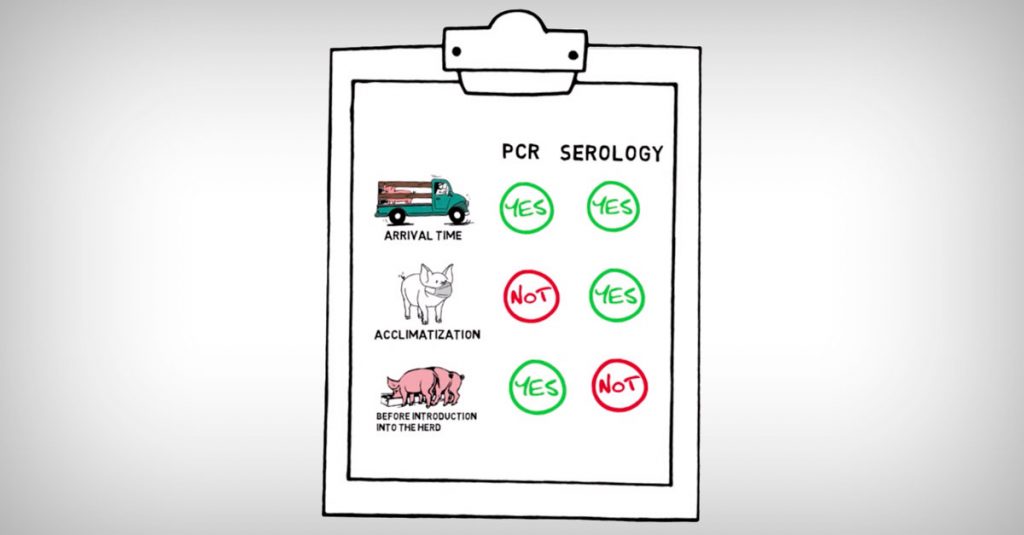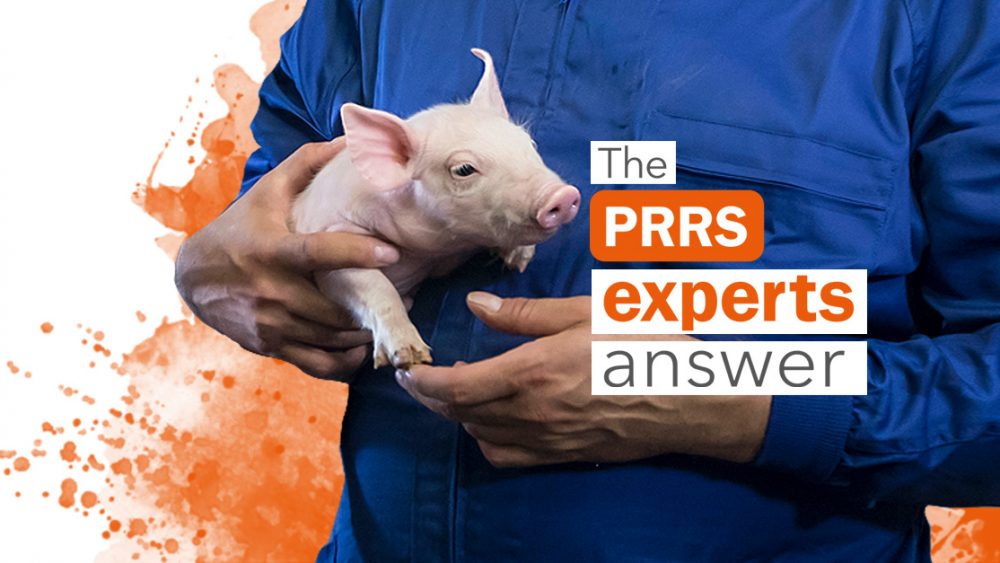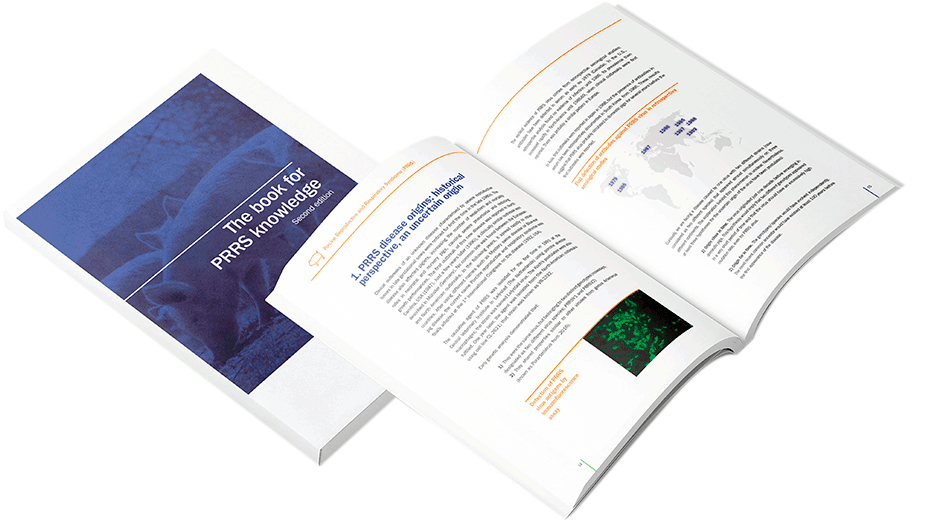The PCR technique is usually very sensitive and it detects very small amounts of PRRS virus in blood or other samples, but there are some limitations to the interpretation of the results.
PCR technique limitations
Firstly, I would want to make sure that the gilts are confirmed PRRS virus negative in the source herd before being transported.
To detect a 10% prevalence level with a 95% confidence you need to test 29 gilts.
Depending on the PCR test you can pool 3 to 5 blood samples per test, but individual testing of 100% of the gilts will give you 100% assurance about the final result (take into consideration that negative sub-populations to PRRS virus are common in positive farms).
If all gilts are confirmed PCR negative at the source herd, latent infection can be excluded.
Stress / contamination during transport as a risk of PRRS virus infection
Transport is a stressor and induces some degree of immunosuppression so it can induce viremia in a latent infection.
Contamination during transport is also possible but it will take some days after contamination before you can detect PRRS virus in the blood by most PCR kits.
I would like to make sure as well the PCR positive results at the destination farm are confirmed.

Example of a PRRS virus monitoring protocol using PCR and ELISA tests for the replacement gilts in a farm.
In our daily practice we may find false positive results to PRRS virus due to contamination of the samples in the laboratory, or even defects in the PCR kit.
It is advisable to test the same gilts again in a different laboratory and see if the PCR results are still positive.
And if the PRRS PCR positive results are confirmed?
If positive results are confirmed I would ask for the genetic sequencing of the PRRS virus to understand what type of virus are we dealing with.
Recently, we found a PRRS vaccine virus circulating in gilts in a negative farm and, after some time, it disappeared without causing any symptoms. I hope this will help.
If you want to learn more about the importance of the acclimatization of the gilts, please watch this video:
You can ask your own question! Visit Pig333.com and submit your question to the experts.

Universidade Lusófona de Humanidades e Tecnologias – Portugal




